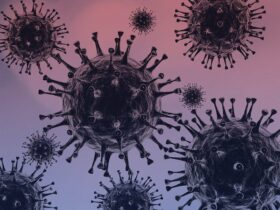Kidney disease is a serious condition that can cause permanent damage to your kidneys if not treated properly. It’s common for people with kidney disease to have high blood pressure and anemia, as well as other symptoms.
If you’re worried about kidney disease, it’s important to know which foods may be harmful. Here are the top worst foods for your kidneys:
- Alcoholic drinks are very acidic and can damage the delicate tissues of your kidney. It is best to avoid drinking alcohol if you have chronic kidney disease so as not to damage your kidneys even more.
- Spicy foods can irritate the kidneys and cause inflammation. Inflammation is bad for the kidneys because it can cause scarring and damage to the organs.
- Caffeinated beverages such as coffee and tea have been shown to increase blood pressure and worsen kidney function in people with chronic kidney disease (CKD). They also increase calcium levels in urine which can lead to kidney stones developing in the urinary tract.
- High-sugar foods and beverages. These don’t do any good for people with kidney disease — or anyone else, for that matter!
While there are many foods that are bad for the kidneys, there are also some that can help protect them. The following foods are especially good for protecting your kidney function:
- Beans. Beans contain high amounts of fiber and protein, both of which can help keep your blood pressure down and prevent kidney damage caused by high blood pressure. Beans also contain iron, which is necessary for making red blood cells that carry oxygen throughout the body.
- Seafood. Seafood contains omega-3 fatty acids, which may help lower cholesterol levels and reduce inflammation in the body. Fish oil supplements have been shown to improve kidney function by preventing damage caused by high blood pressure or diabetes in people with chronic kidney disease who aren’t yet on dialysis treatment.
- Milk and yogurt. Dairy products contain vitamin D, which helps maintain proper calcium levels in the body so that bones stay strong and healthy despite having chronic kidney disease.























Leave a Reply